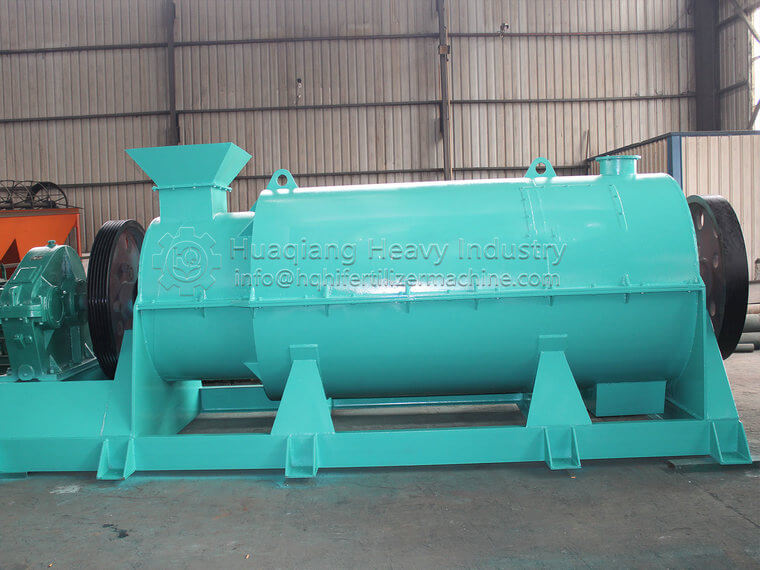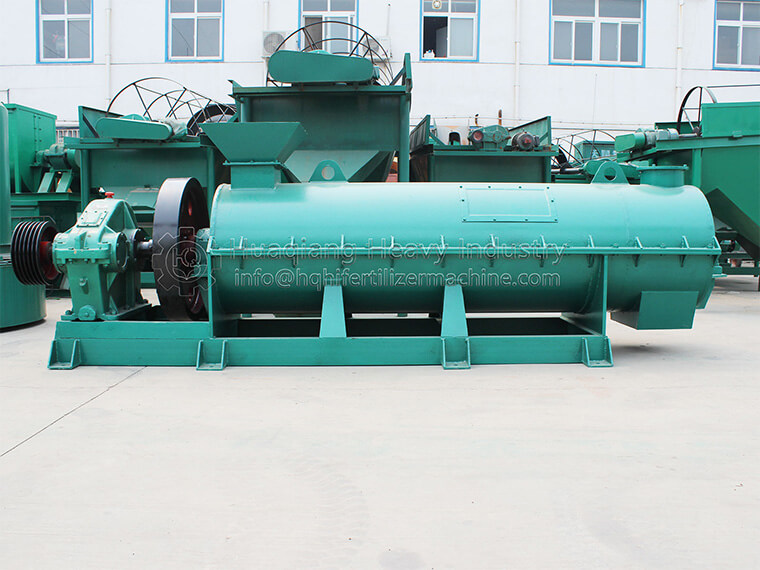Organic fertilizer production line converts livestock and poultry manure into organic fertilizer
Converting livestock and poultry manure into green organic fertilizer is indeed an environmentally friendly and sustainable treatment method. The manure generated during the process of animal husbandry, if not properly treated and utilized, will cause great pressure on the environment. By using organic fertilizer production lines to convert it into organic fertilizer, the resource utilization of waste can be achieved, while also helping to improve soil quality and increase crop yield and quality.
Environmental protection: If livestock and poultry manure is directly discharged into the environment, it will cause pollution of water and air. Converting organic fertilizer into organic fertilizer production lines can reduce environmental pollution, and when organic fertilizer decomposes in the soil, it can produce beneficial nutrients for plants, making it a more green way.
Promoting fertilizer reduction: Excessive use of fertilizers can lead to problems such as soil compaction and salinization. The use of organic fertilizers can gradually reduce the amount of chemical fertilizers used and alleviate the negative impact on the soil.
Promoting sustainable agricultural development: The use of organic fertilizers helps to increase soil organic matter content, improve soil structure, and enhance soil water and fertilizer retention capacity. This is conducive to the sustainable development of agriculture, achieving a win-win situation of economic and ecological benefits.
Improving the quality of agricultural products: Agricultural products produced using organic fertilizers have better taste, higher nutritional value, and are more beneficial to human health.
But in the actual operation process, there are also some issues that need to be noted. For example, in the process of converting manure into organic fertilizer, strict fermentation and treatment are required to ensure the quality and safety of the fertilizer. At the same time, attention should also be paid to the rational use of organic fertilizers to avoid problems such as burning seedlings caused by excessive use.
Overall, the organic fertilizer production line‘s conversion of livestock and poultry manure into green organic fertilizer is a very promising treatment method, which can effectively promote fertilizer reduction and achieve green development of agriculture.
.jpg)



.jpg)
.jpg)
.jpg)

.jpg)